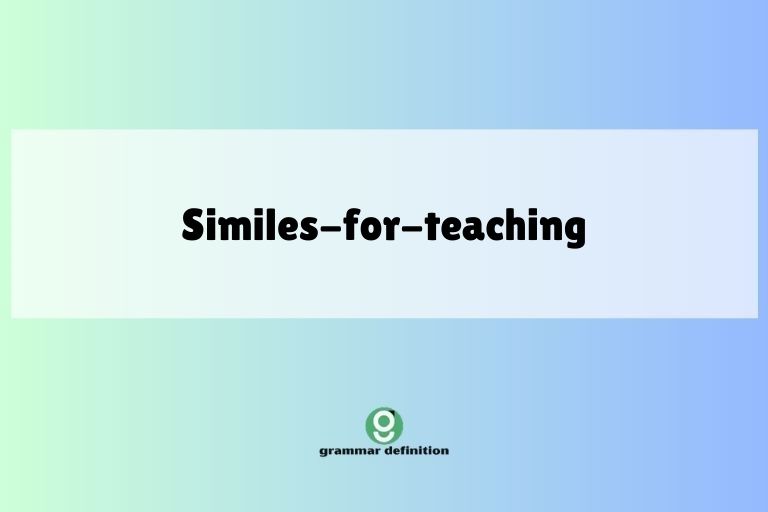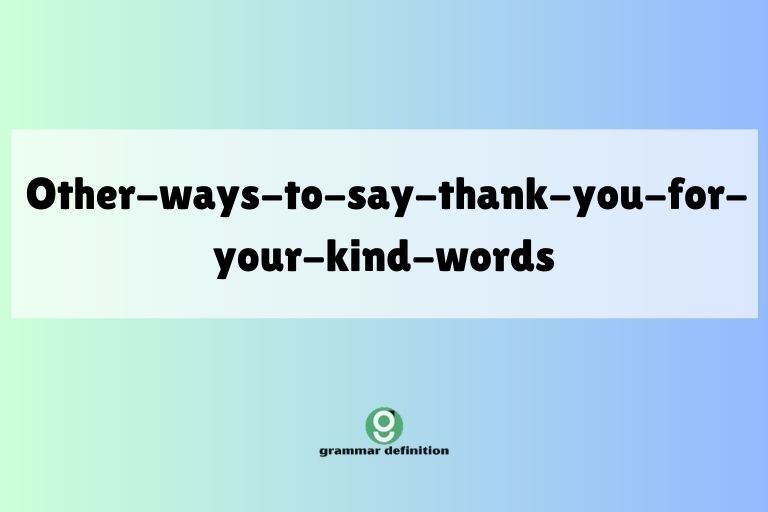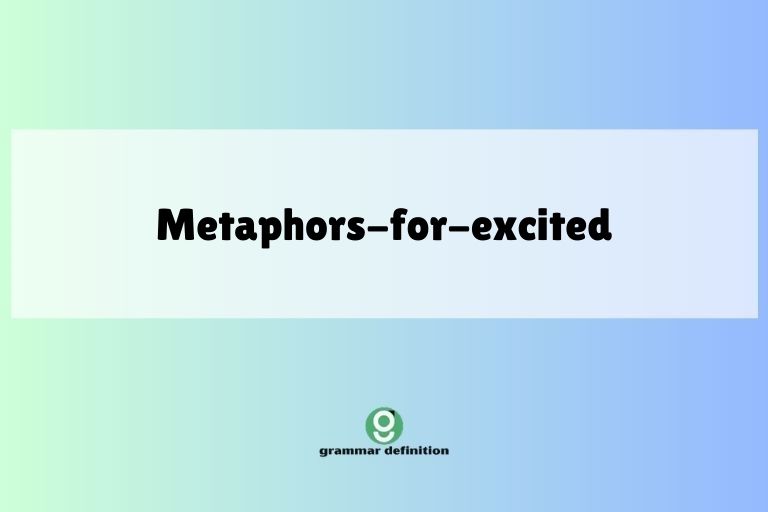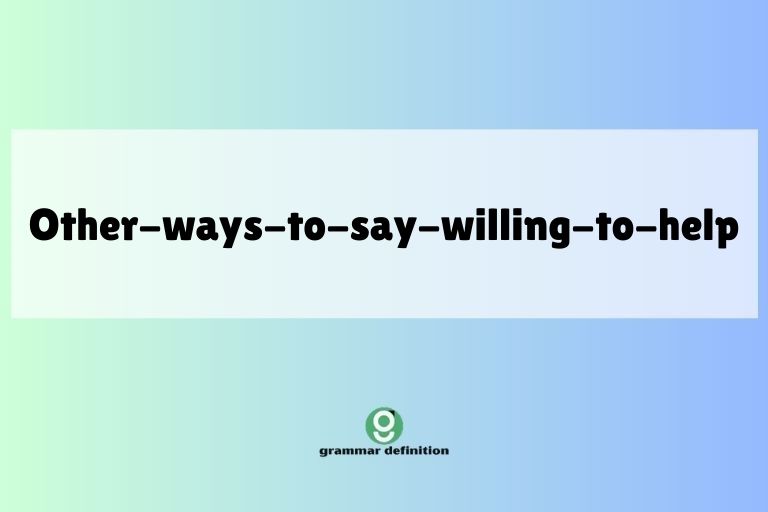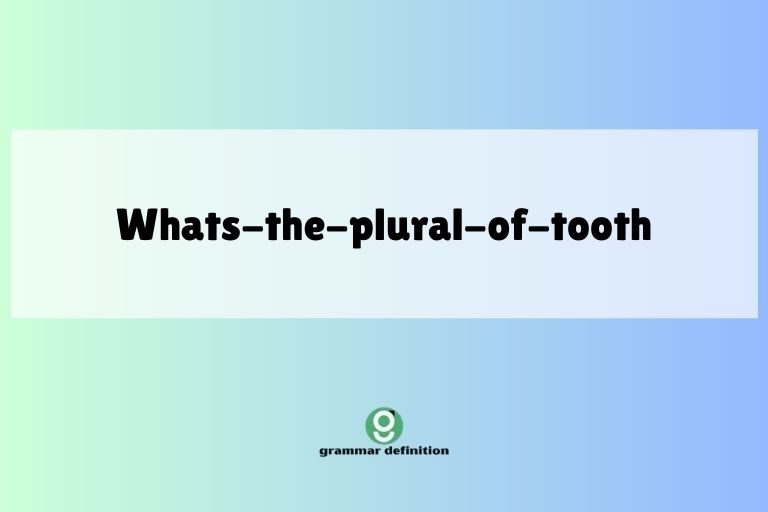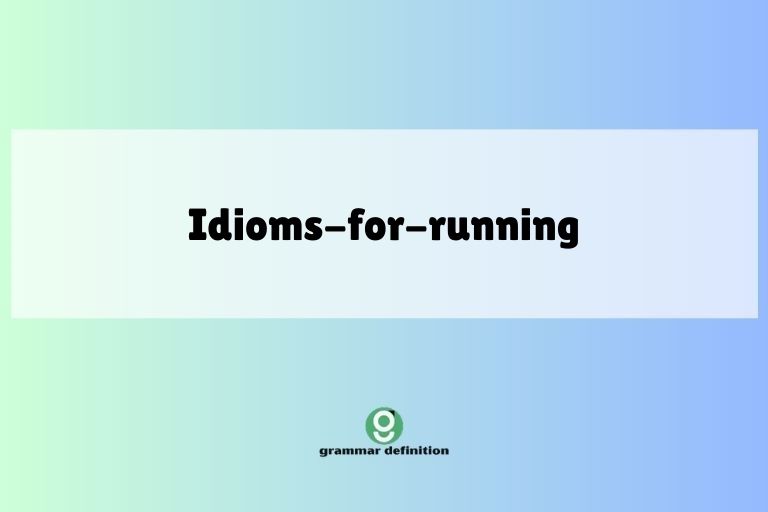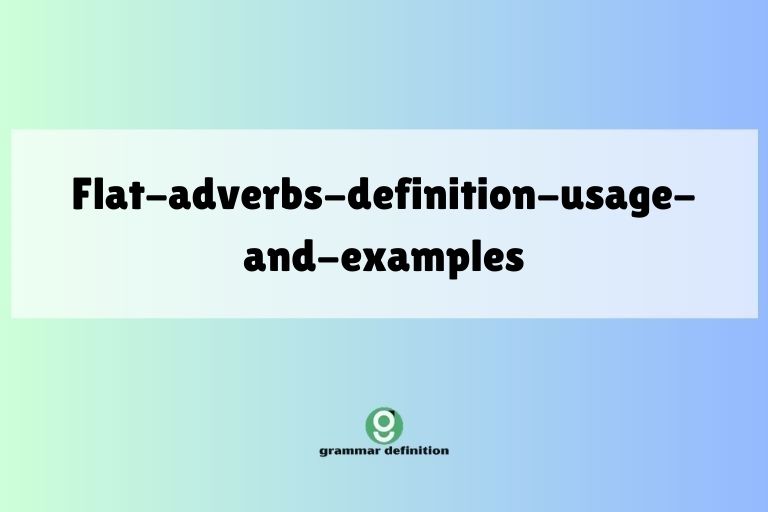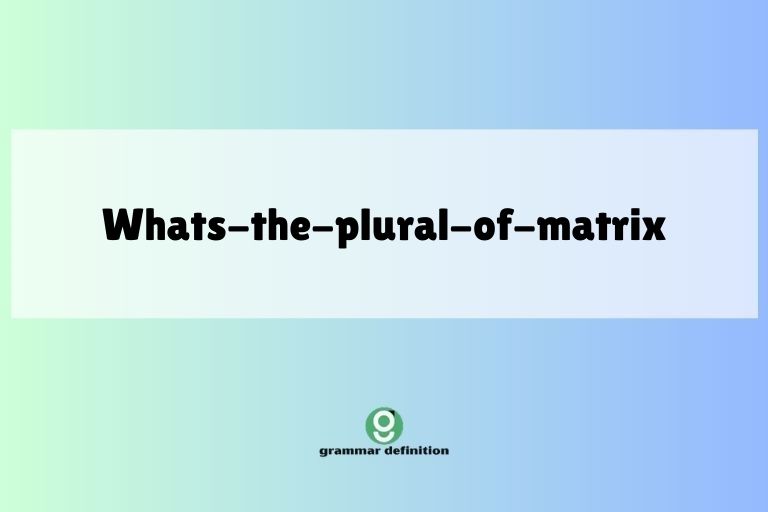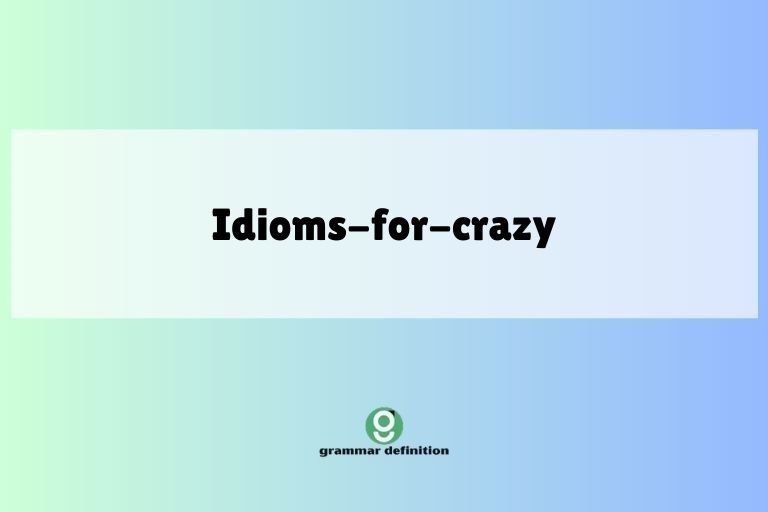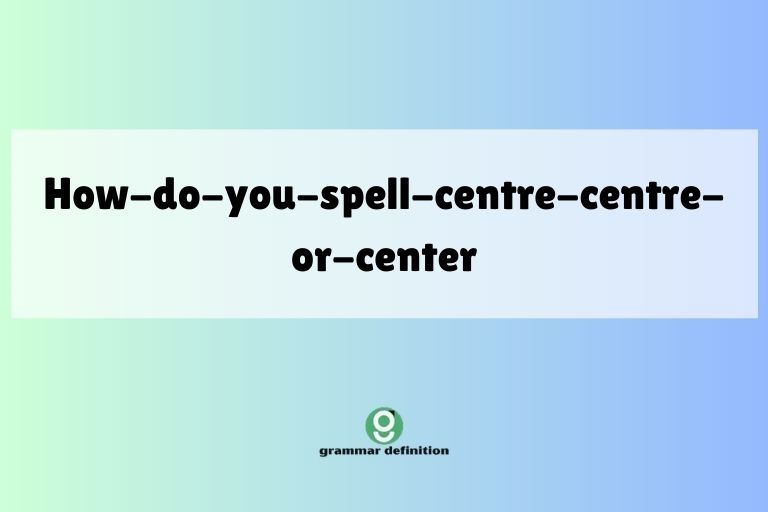Similes: A Comprehensive Guide for Teachers and Learners
Similes are powerful tools in the English language, adding color, depth, and clarity to our writing and speech. Understanding similes is crucial for both native speakers and English language learners, as they appear frequently in literature, everyday conversation, and academic texts. This article provides an in-depth exploration of similes, covering their definition, structure, types, usage … Read more

